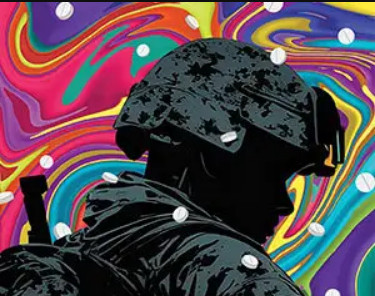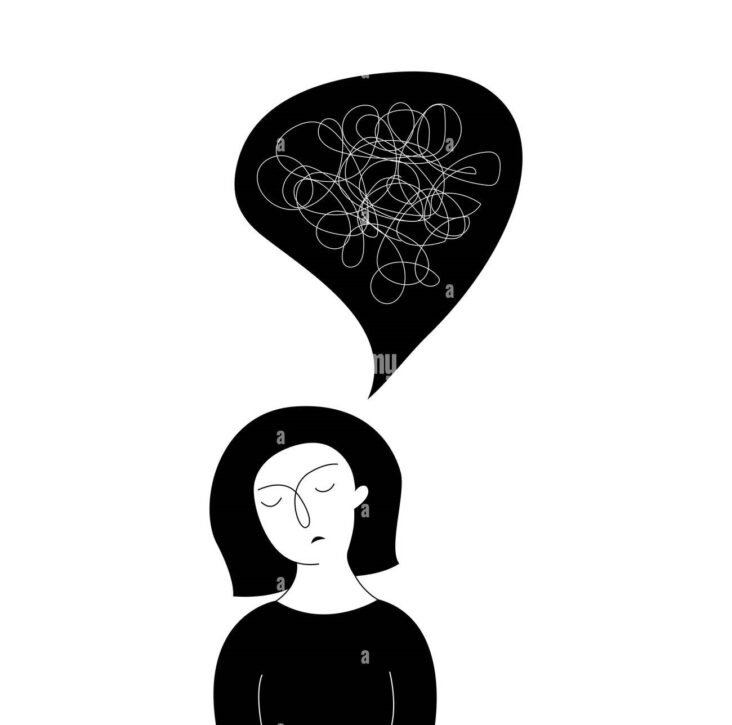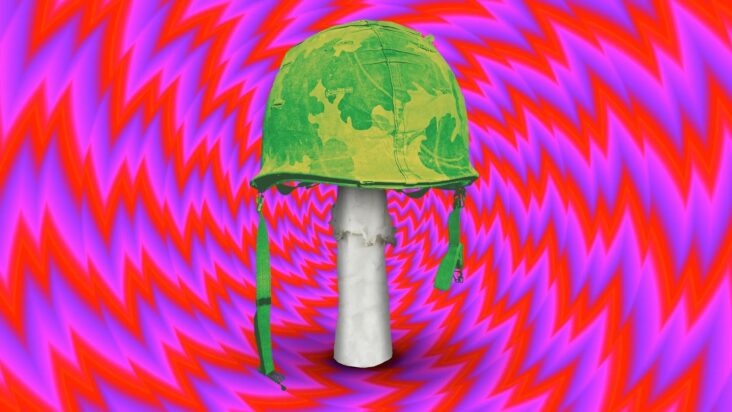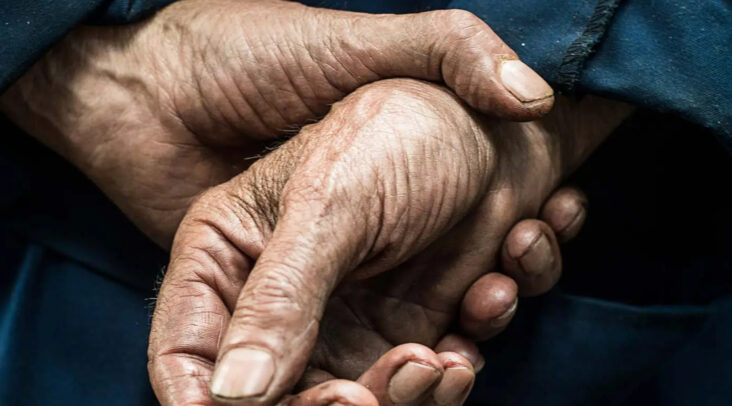Recent studies in the field of depression have new perspectives for patients suffering from persistent forms of this disorder. One of these research-the publication of "Maintenance Ketamine Treatment Produces Long-Term Recovery from Depression"-attracts attention due to its revolutionary approach to the treatment of depression with ketamine. In this review, we will look at the main aspects of the study, its importance for modern medicine and the potential of using this method in wide practice.










